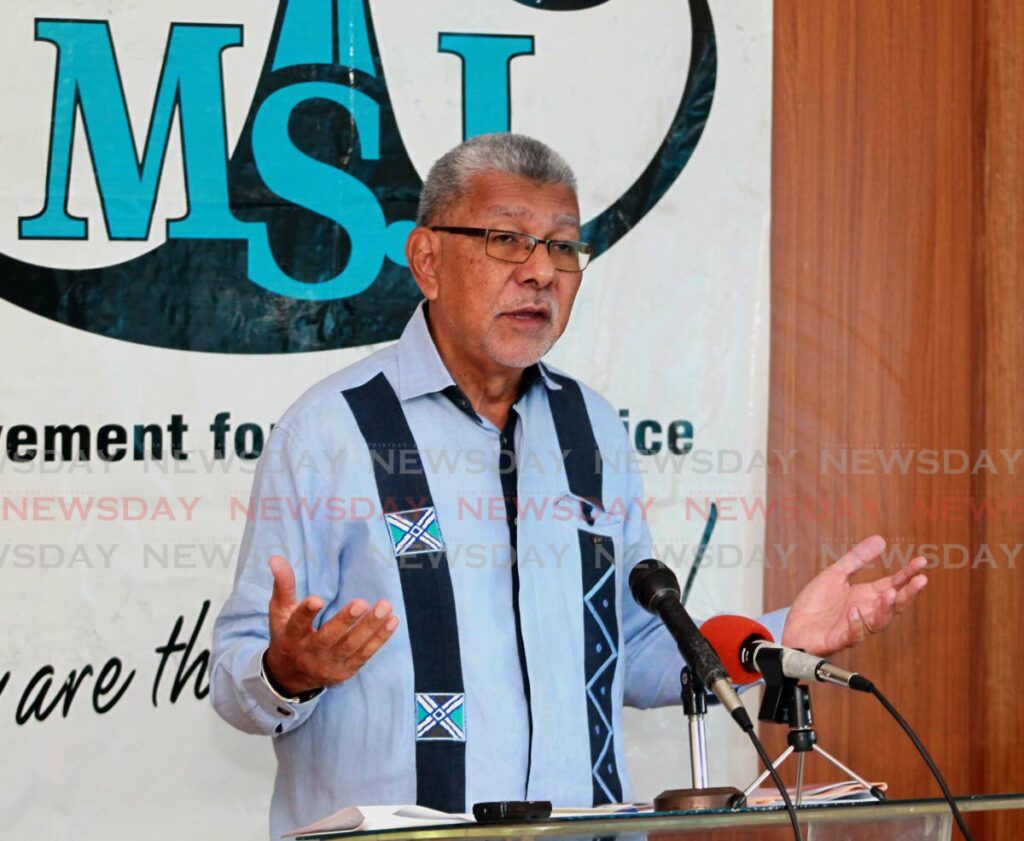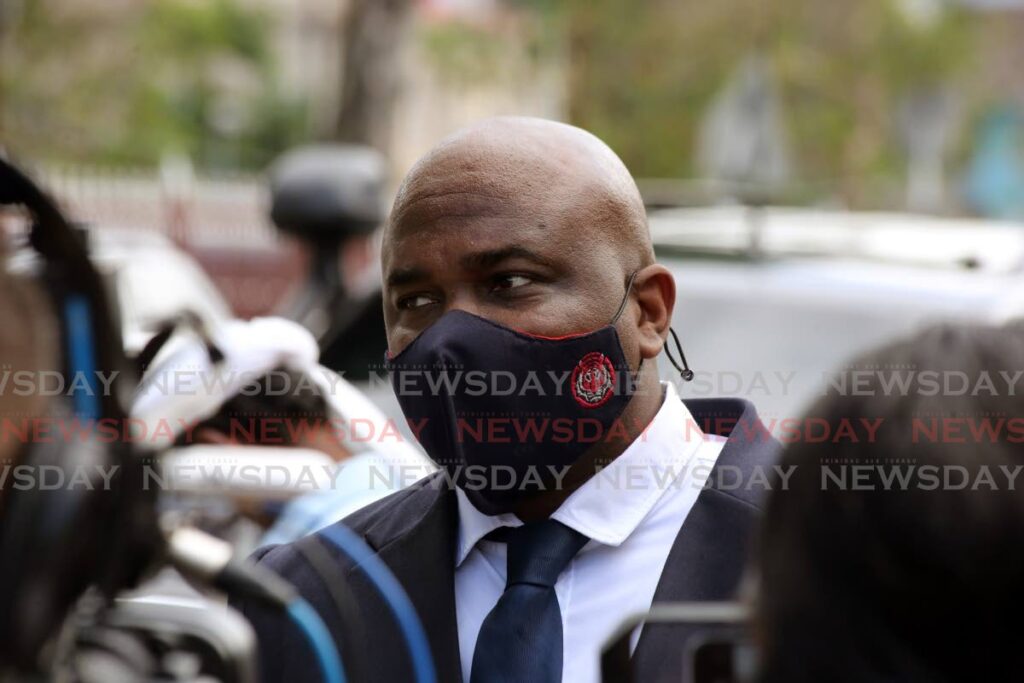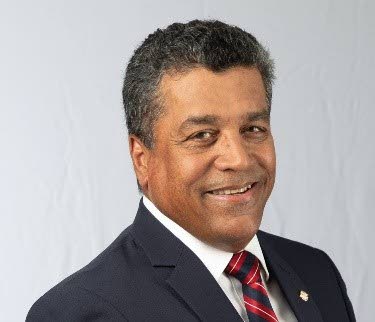Blows for Abdulah's call for more taxes on businesses, wealthy

THE call for “taxing the rich and wealthy companies” by MSJ leader David Abdulah has not attracted support and has come under heavy criticism.
On Monday, Minister in the Ministry of Finance Brian Manning told Newsday Abdulah does not seem to have a grasp of basic economics and was simply parroting failed socialist policies from other countries.
Manning said, “It’s more of a florid display of ignorance than anything else. He somehow fails to realise that people who drive vehicles with larger engines that require premium fuel, as do most luxury cars, would benefit more from the fuel subsidy than would the poor.
“That is why many subsidies are considered extremely inefficient and, in many cases, benefit the wealthy more than the poor. Unsustainable state-sponsored subsidies (are) one of the main reasons for the collapse of the Venezuelan economy and has also been proven to have a negative impact on the environment.”

On Saturday, the MSJ led a march in Port of Spain calling on the Government to reverse the rise in fuel prices and to find other ways to subsidise the cost as well as ways to invest in TT to mitigate the rising cost of food.
Abdulah suggested raising taxes on big, profitable companies such as Ansa McAl, Angostura, Agostini, Massy, Republic Bank and Scotiabank as well as those with large salaries and using that money to subsidise fuel prices.
“The issue is not how you share the burden between government and the people. It’s how you share the burden amongst the people. So the rich are not paying their fair share of the burden in this country.
“All the burden is going on the backs of working people, poor people, who have not had a wage or salary increase for the last eight or nine years,” he said.
DE SOUZA DISAGREES
CEO of the TT Chamber of Commerce, Ian De Souza, when asked if he agreed with Abdulah's call, said he could not understand why profitable companies would be singled-out to bear a higher burden of the increase in fuel prices than anyone else.
"All of the companies mentioned, pay very high levels of corporation taxes and they have shareholders who expect a return commensurate with the risk they take on their investments. To propose that they pay higher taxes because they are successful would be discriminatory.
He said such a suggestion would also act as a disincentive to investment, which would negatively affect economic activity, employment and the growth of the economy.

Asked if Abdulah's call was an attack on such businesses, De Souza said it was a suggestion that does not take into consideration the risk-return equation.
Finally, asked what recommendations he would give as an alternative means of “sharing the burden” of the increased cost of fuel, De Souza said, "as the Minister of Finance indicated, the burden is being shared on a 50-50 basis with tax payers.
"In the context of a budget that did not contemplate a US$95 per barrel price of oil and the increased cost of fuel that would arise from such a price, the sharing of the burden is considered reasonable."
IT'S COUNTERPRODUCTIVE
UNC Oropouche West MP Dave Tancoo said Abdulah’s suggestion would be counterproductive, and what was needed was enforcement of legislation to curb corruption and mismanagement.
He questioned the Government’s delay in implementing the law which he said has resulted in no improvements in the ease of doing business, leaving small and medium-sized enterprises bankrupt and pushing investors to take their money elsewhere.

He said penalising any business for government incompetence, corruption and mismanagement was not sharing the burden.
“What is required is not more tax to compensate for the corruption and wastage by this government. According to the procurement regulator, some $5.2 billion is lost annually in state contracts to corruption and mismanagement because of the failure of this government to implement the procurement legislation, despite (its) having already been passed by the Parliament with Opposition support.
“If state corruption and mismanagement is addressed, then the amount of money that will become available for social support, including subsidies like the fuel subsidy, which impacts everyone, and targeted relief programmes for the poor and underprivileged, will be substantial,” Tancoo said.


Comments
"Blows for Abdulah’s call for more taxes on businesses, wealthy"